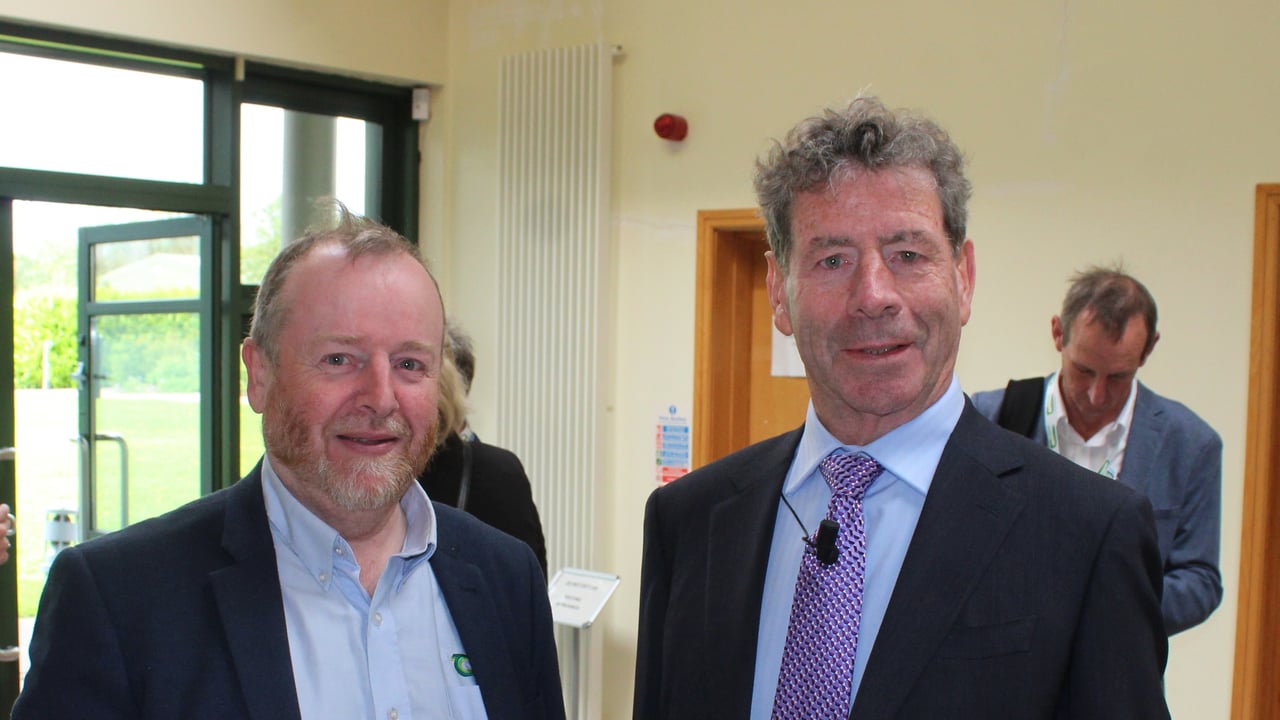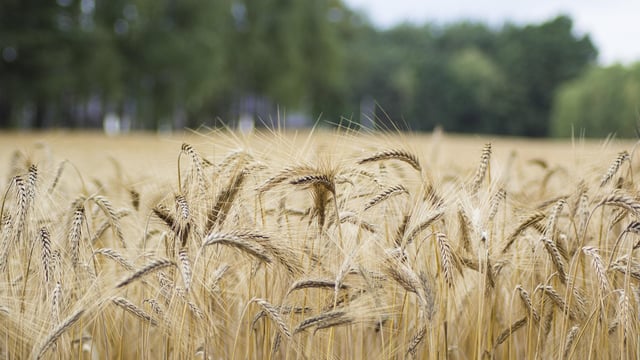Farmers urged to be part of water improvement efforts
Every farmer in Ireland must play a role in improving the country’s water quality standards, according to Teagasc’s Prof. Pat Dillon.
He gave the final presentation at the recent launch of the 'Better Farming for Water' programme, focusing on actual steps that will be taken in 2024 by all relevant stakeholders.
Prof. Dillon said: ”Water quality in Ireland is already better, on average, than is the situation across Europe. But we can do better.
“Water quality is agri-food. The future reputation of Ireland's farming and food sectors is dependent on us improving our water quality standards.
“Building on initiatives already in place is critically important in this regard. And the new campaign will draw all these strands together.”
According to Teagasc’s director of research, campaigns of one form or another have helped drive real progress within Irish agriculture.
“A top down approach does work,” Dillon continued.
“The creation of a high level steering group to drive the new programme is important. I was involved with the steering group involved in the coordination of Food Harvest 2030.
“It was this group that developed an implementation plan, which was then disseminated out to the various stakeholder groups.
“Of equal significance was the establishment of a timeframe for the completion of the various action points that had been identified.”
But, specifically, where the Better Farming for Water is concerned, a number of key actions will be taken before a full steering group is appointed.
These include the updating of AgNav to estimate purchased nitrogen (N) and phosphorous surpluses, as well as nitrogen use efficiency levels.
Prof. Dillon continued: “We are going to make PIP maps and relevant water quality data within river catchment areas more available to all relevant stakeholder bodies. So we can act on these issues immediately.
"Providing updated training to all advisors and representatives from relevant stakeholder organisations is another priority in the short-term.
“We can also develop specific waterbody advice sheets. There are specific water quality related issues that are relevant to each of the river catchment areas."
Dillon also confirmed that the first-year slurry and soil water report will be published later this year.
“Our aim is to move forward with the implantation of the new water quality programme as quickly as possible," he said.
“The full adoption of the eight action points contained within it will deliver significant improvements in water quality. But making this happen will require an all industry commitment.”





